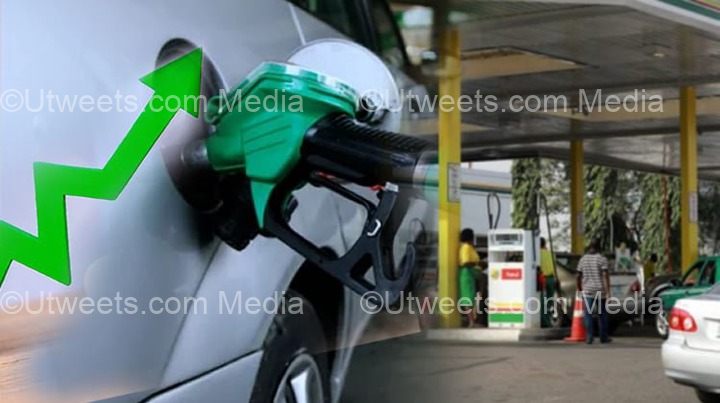The estimated cost of landing Premium Motor Spirit (PMS), commonly known as petrol, on Nigeria’s shores has seen a significant 20.34 per cent reduction, falling to ₦971.57 per litre over the past three months. ...READ THE FULL STORY FROM SOURCE ...READ THE FULL STORY FROM SOURCE
This decline, which includes importation and distribution expenses, reflects relief from global market fluctuations and supply chain dynamics.
Despite this drop, the retail price of petrol in Nigeria has surged by ₦443 or 71.79 per cent, increasing from ₦617 per litre on August 1, 2024, to ₦1,060 per litre as of November 8, 2024. Independent marketers are selling at even higher prices, up to ₦1,180 per litre.
Data from the Major Energies Marketers Association’s daily energy bulletin indicates that in August, oil marketers imported petrol at ₦1,219 per litre when Brent crude was priced at $80.72 per barrel, with an exchange rate of ₦1,611 per dollar. During this period, petrol retailed at ₦617 per litre.
However, by November, the landing cost had dropped to N971.57 per litre, with Brent crude priced at $75.57 per barrel and the exchange rate at ₦1,665.84 per dollar.
Yet, petrol now sells for ₦1,060 per litre at Nigerian National Petroleum Company Limited (NNPCL) outlets and ₦1,180 at independent marketer stations.
The data also shows that the landing cost stood at ₦945.63 in September and ₦903.64 per litre in October 2024.
The increase in retail price, despite falling landing costs, is attributed to factors such as the ongoing deregulation of the fuel market, exchange rate fluctuations, rising inflation, and wider economic challenges.
Experts expect that the decline in landing costs should result in lower retail prices. However, on Sunday, the Nigeria Labour Congress (NLC) accused fuel marketers of inflating petrol prices, stating that the current pump price is disproportionately high compared to the actual market value.
In a communique following its National Executive Council meeting, the NLC argued that Nigerians are being exploited, enduring heightened suffering and hunger due to government policies pushing many into poverty.




